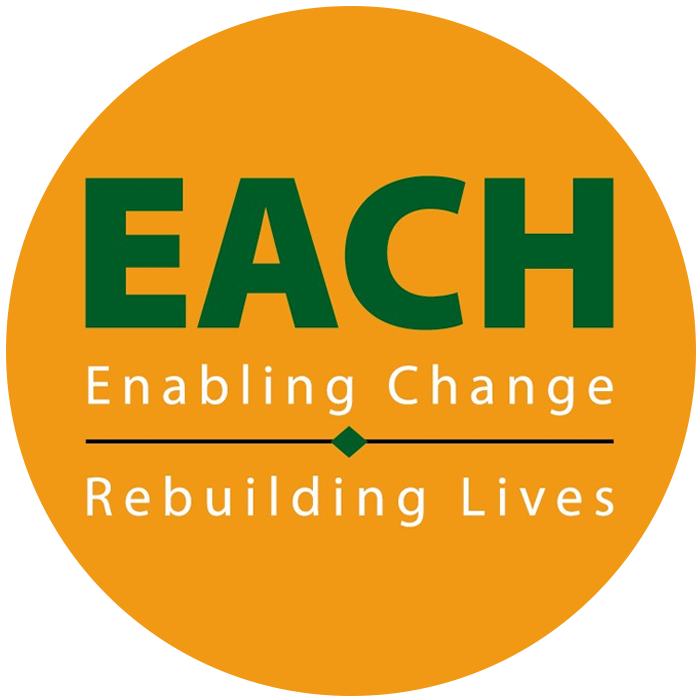
Ealing Women Support Group
14 March 2025
How Do I Know If I Am Experiencing Abuse?
12 August 2025
Ealing Women Support Group
14 March 2025
How Do I Know If I Am Experiencing Abuse?
12 August 20258 Self-Care Tips for Mental Health & Domestic Abuse Recovery
At EACH Counselling and Support, we believe that self-care is essential for healing from domestic abuse and managing mental health challenges. When life feels overwhelming, even small acts of care can build your strength, restore confidence, and support recovery. These tips, from our STEPS wellbeing programme, are designed to help you look after your mind, body, and emotional wellbeing in safe and practical ways.
If you’re on a journey of recovery, remember — you’re not alone. Here are 9 simple yet powerful self-care tips for mental health and domestic abuse survivors to support your daily wellbeing:
1. Physical Self-Care
Taking care of your body helps to reduce anxiety and reconnect with yourself. Activities like stretching, walking, or eating regular meals can restore routine and control. Gentle movement can also help release built-up tension from stress or trauma.
2. Emotional
Your feelings are important. Try journaling, speaking to a trusted friend, or working with a professional counsellor. Emotional self-care is about validating your experiences and being kind to yourself as you process them.
3. Mental Self-Care
When your mind feels overwhelmed, take breaks to rest and reset. Mindfulness exercises, breathing techniques, or short creative tasks can help you feel calmer and more in control. It’s okay to pause, your wellbeing comes first.
4. Spiritual
Spirituality doesn’t need to be religious — it’s about connection, meaning, and peace. Time in nature, reflection, or meditative practices can help you feel centred and bring a sense of purpose to your healing process.
5. Intellectual
Stimulating your mind with reading, puzzles, or learning a new skill can rebuild your self-esteem. Intellectual self-care helps remind you of your capabilities and supports your mental resilience.
6. Environmental
A calm, tidy environment can help reduce stress. Whether it’s making your bed or adding a plant to your space, small changes in your surroundings can positively impact your mood and create a sense of safety.
7. Financial Self-Care
Money worries can weigh heavily on your mental health. Creating a simple budget or seeking support for financial planning can bring clarity. Remember, help is available, and small steps lead to stability.
8. Social
Building safe, positive connections is vital for healing. Reach out to supportive friends, join a community group, or talk to others who understand your experience. Social self-care is about feeling seen, heard, and supported.
Professional Support is self-care
Sometimes the best self-care is asking for help. Speaking to a trained professional — like our team at EACH Counselling can offer emotional support and strategies tailored to your situation.
Support from EACH Counselling
At EACH, we provide counselling for domestic abuse survivors and those affected by mental health issues. Our services are rooted in compassion, respect, and empowerment. You don’t have to go through this alone. Whether you are taking your first steps toward healing or continuing your journey, remember: self-care is a form of self-respect. Each small act sends a powerful message to yourself — I matter.
If you or someone you know needs support, please reach out to our team. You’re not alone.
Ready to take the next step? Contact us today to find out how we can support you on your journey.
#MentalHealthSupport #DomesticAbuseRecovery #SelfCareWithSTEPS #EACHCounselling


